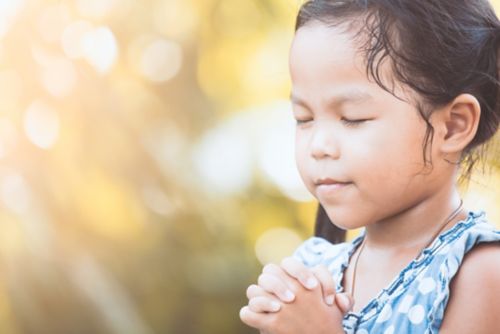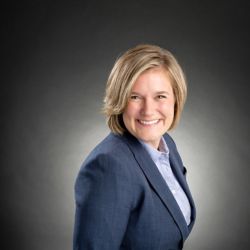Mindfulness and Spiritual Care for Kids in the Hospital
A while ago, if someone had asked if I wanted to help kids in a hospital as a chaplain, I wouldn't have been sure. But now, I can't imagine doing anything else. I enjoy working with kids and families and seeing the good things we do every day. Even though being a hospital chaplain can be tough sometimes, there are always chances to help patients and families, and to have fun.
My mindfulness practice
I find it useful to be mindful when I work with kids as a staff chaplain. Mindfulness means being fully in the present moment without making judgments. A big part of mindfulness is not judging how you feel. You can have emotions and be aware of them, but they don't have to control you.
When I'm with a patient or family, I use mindfulness. I listen without making judgments and stay in the moment. I use my breath and grounding questions to help families feel calmer. When things are busy, I talk slowly and try to match their breathing. I might ask parents about their child or what they had for lunch to help them breathe and feel better.

Spiritual care and mindfulness can help anyone, regardless of religious background.
Mindfulness with kids
I suggest mindfulness or meditation for kids starting around 8–10 years old because it can be hard for younger kids to sit still. I start by having them focus on their breath. Patients might not be able to sit in a certain position, but they can always work with their breath.
For example, I tell them to take a big breath, hold it, and then let it out. Breathing helps them reset and be in the moment. It's a great way to remember how important the breath is and that they can always use it.
Along with breathing techniques, I use guided imagery and body-scan relaxation with kids. In guided imagery, a child imagines a place that is calming or happy for them, like the beach. Then they take time to picture it in great detail.
In a body scan, a child sits down with their feet on the ground and thinks through different parts of their body. If they notice any discomfort or pain, they note it without judgment.
With any mindfulness technique, I’m respectful of any limitations. Kids don't have to close their eyes if they don't want to. We can change the techniques to make them feel safe.
We all have superpowers
In the hospital, kids miss out on a lot of things and have to do many tasks each day. It's important to remind them that they have their own superpowers. They can always use their breath to feel better. Giving them this tool is important.
I often have to have difficult conversations as a hospital chaplain. My advice is to sit down, slow down, and pay attention. Try not to say too much. It's better to say less and listen more.
St. Jude chaplain
Working together
I work closely with other members of the care team, such as social workers, child life specialists, teachers, and music therapists. We all have different skills to help people. Some kids might feel better talking to a chaplain. Others might want to talk to a social worker. We need to respect what makes them feel safe.
Parents and caregivers need someone to talk to as well. They have a lot to do with scheduling appointments and advocating for their kids. They need moments to decompress and be mindful. Chaplains and social workers can help them, too.
Talking about hard things
I often have to have difficult conversations as a hospital chaplain. My advice is to sit down, slow down, and pay attention. Try not to say too much. It's better to say less and listen more. When people are upset, they can't process information quickly. So, sit down and be patient. It might be uncomfortable for me, but I remind myself that it's harder for the person I’m talking to.
Spiritual care is for everyone
Spiritual care is important for everyone. I help people from all beliefs. I try to make patients and families feel at ease by using practices they might have at home, like praying or going to church. I'm here to provide comfort even if someone doesn't have a religion.
I'm not here to make patients do tests or medical procedures. I'm here to be with them and listen. I bring a calm and different way of helping kids. I believe everyone is good inside, and I use that as my guide.





